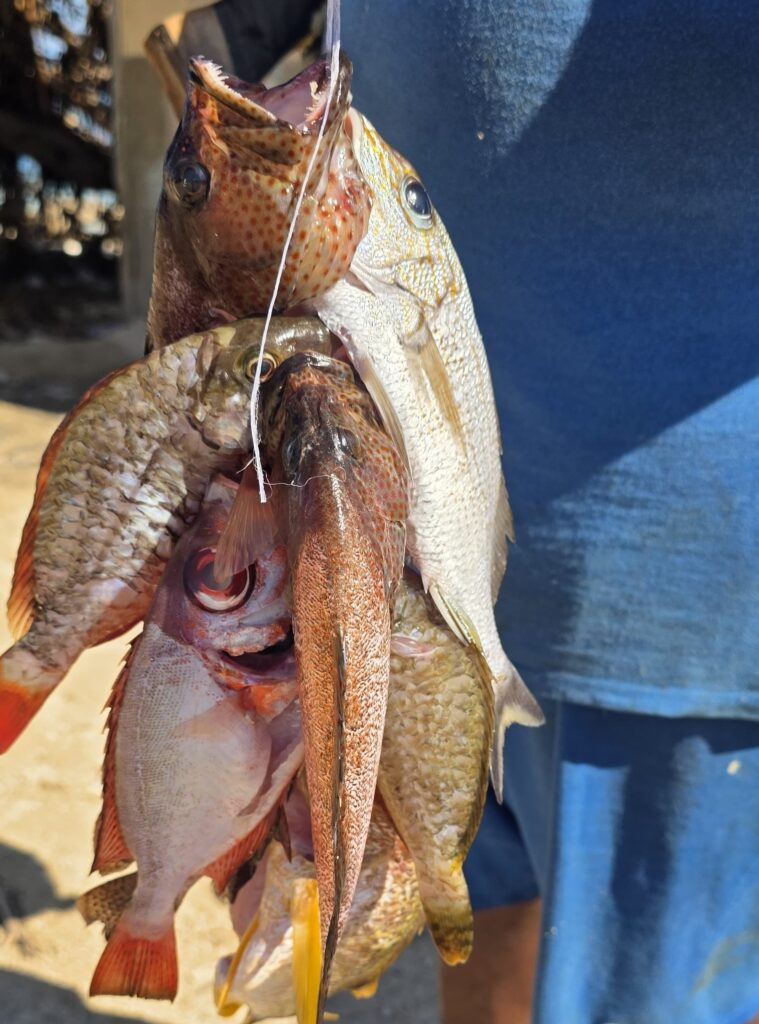In the wake of Hurricane Melissa, which swept through Jamaica in late October 2025, leaving a trail of destruction and widespread power outages, a familiar aroma filled one household: the sharp, tangy scent of escovitch sauce. But this was not for a typical breakfast. As the storm raged, one forward-thinking individual turned to this centuries-old Jamaican tradition not just for flavor, but for a more fundamental need: preservation. With no refrigeration, grilled fish was carefully prepared and doused in the vibrant, spicy sauce, a testament to the enduring wisdom of our ancestors.
This recent experience during a natural disaster serves as a powerful reminder of the origins of escovitch fish. Long before modern conveniences, this dish was a cornerstone of Jamaican culinary ingenuity, born from necessity. The technique itself, known as escabeche, was introduced to the island by Spanish and Portuguese Jews in the 16th century. They, in turn, had adapted it from the Moors. In Jamaica, this method was transformed, infused with the island’s own bold flavors—most notably the fiery heat of the Scotch bonnet pepper.
In an era without refrigeration, preserving food was a critical survival skill. Fishermen returning with their catch would fry the fish and then immerse it in a hot, vinegar-based pickle. This was not merely for taste; the acidity of the vinegar, typically with a pH between 2.4 and 3.4, creates an environment where spoilage-causing bacteria, yeasts, and molds cannot thrive. The hot liquid, often containing pimento (allspice), onions, and carrots, would be poured over the freshly fried fish, effectively sealing and protecting it. This allowed the fish to be kept for days without spoiling, providing a source of protein long after the catch was made.
What was once a daily necessity for Jamaicans has now become a celebrated national dish, often enjoyed for breakfast or at Easter. Yet, as the experience during Hurricane Melissa demonstrates, the practical genius of escovitch has not been lost to time. When the storm knocked out the power grid, the same problem our ancestors faced—how to preserve food without refrigeration—became a modern-day reality. The solution, it turned out, was already simmering on the stove.
The story of using escovitch to preserve grilled fish during a hurricane is a beautiful illustration of how traditional knowledge remains profoundly relevant. It connects us to our past, reminding us that the dishes we love are not just recipes, but are imbued with history, resourcefulness, and the resilience of a people who learned to thrive with the resources they had. Escovitch is more than just a delicious way to prepare fish; it is a symbol of Jamaican heritage, a culinary heirloom that continues to provide for us, even in the most challenging of times.
